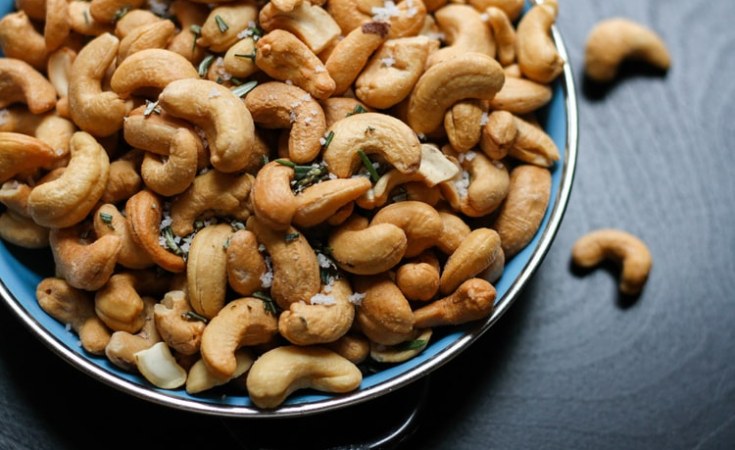Dodoma — THE government has put in place a number of interventions, including issuing a 90bn/- subsidy for agricultural inputs that saw increasing production of cashewnut, with 400,000 tonnes harvested this year compared to 240,000 harvested last year.
Acting Director General of the Cashewnut Board of Tanzania (CBT), Mr Alfred Francis speaking on the strategies and implementation of taking the industry to the next level in Africa and world market said the projection is to reach production of 700,000 tonnes of cashewnut in 2025/26 financial year.
"The board has put strategies in place to increase cashew production from 400,000 harvested this season to 700,000 tonnes by 2025/26, and increase domestic cashew processing capacity to 60 per cent," he said.
The board has also widened the scope of regions conducting cashew farming from the traditional five regions to 17-regions.
"The projections were made on the basis of increased cashew trees and acres of land planted with the crop annually to align it with the election manifesto of the ruling party CCM that projected an annual production increase of 700,000 tonnes by 2025/26," he said.
He said Tanzania Agriculture Research Institute (TARI- Naliendele) produces researched origin cashewnut seeds for more productivity.
To ensure the target is realised, he said CBT is facilitating farmers with extension officers, saying 297m/- has been spent in 2021/22 financial year to equip those in districts with motorcycles among others, so that the services can reach those in rural and remote areas.
"Since cashew processing is expected to increase to 60 per cent from the present 10 per cent, the 50 per cent of the export levy will be deposited at the Tanzania Agricultural Development Bank (TADB) for special cashewnut window soft loan," he said.
The government wants to focus more on the trading of kernels rather than Raw Cashew Nuts (RCN), thus the local processing companies can access the TADB loan to set up state of the art equipment for massive production.
He also said that the government has distributed 91,764 kilogrammes of seedlings worth 275.9m/- through local government councils, a move that has been prioritised as a measure to meet the target to produce 700,000 tonnes of cashew nuts by 2025/26.
Adding, "We have farms, cashew trees, seeds, seedlings and people to make the 700,000 tonnes production target a reality. We are supposed to revive abandoned farms and carry the budding of new seedlings to the old ones in order to get yields within a shorter period," he said.
At present, only 31 processing companies are functional with a capacity of 64,500 tonnes a year, but availability of the raw materials throughout the year and updated materials fails them; thus they want the local industries to access loans through the TADB window to raise their capital.
He said Tanzania cashewnut bears the best quality, therefore they want to maintain standards to keep on winning markets of nuts in the USA and European Union.
"We want to have reliable and sustainable markets, thus maintaining the standards is of paramount importance," he underscored.
Moreover, he said the online auctioning of the 400,000 tonnes will commence on October 14th, therefore farmers have been advised to channel their produce through their cooperatives as the sales will be through the warehouse receipt.
On top of that, he said packaging bags will no longer be a crisis as the board will purchase 5 million bags, while in stock there are already more than 3.5 million bags that can reserve 345 tonnes.
They will also set a traceability mark to know the origin destination of the cashew nut products, taking into account that Tanzania stands as the fifth producer in the world rankings.


